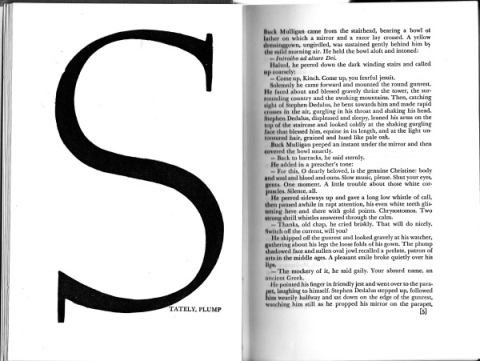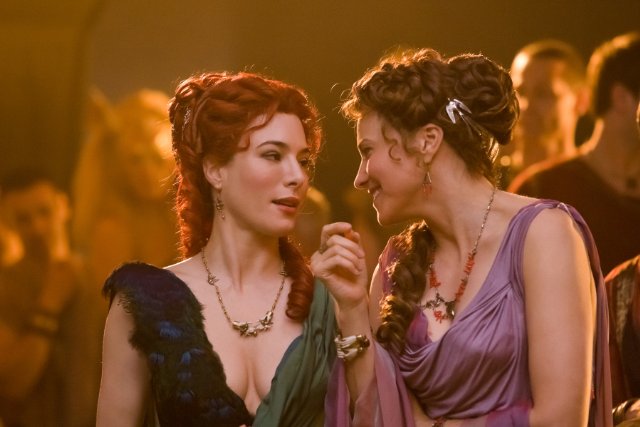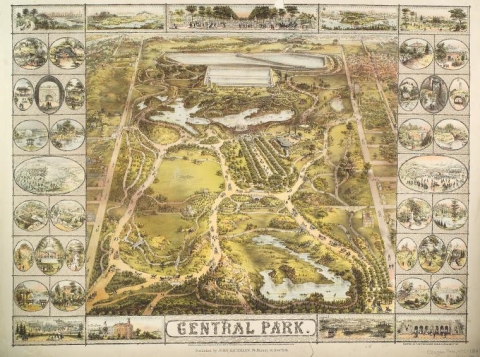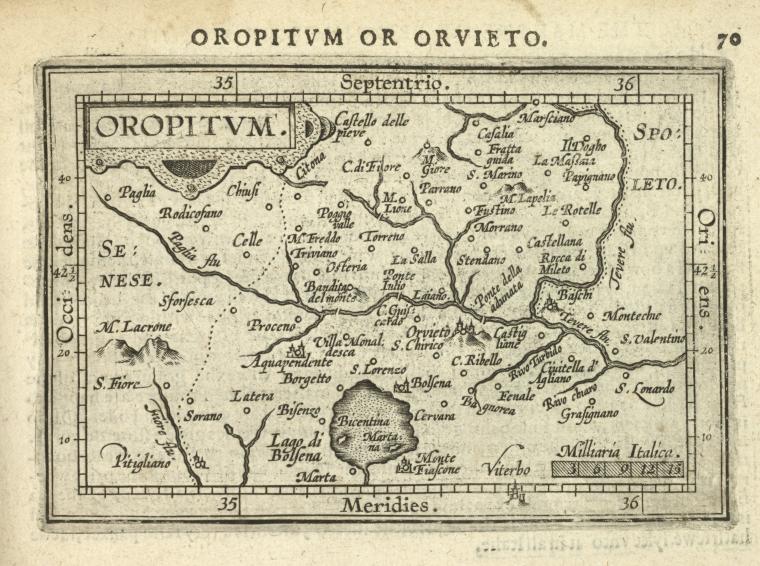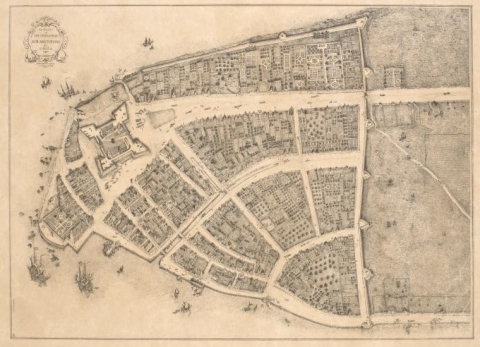Like many right-brained people, artist and critic Matt Collings finds higher math mystifying, a word that implies both bewilderment and wonder. Faced with the equations that make, for example, Stephen Hawking’s work possible, most of us are left similarly slack-jawed. Collings aptly describes the realm of theoretical physics—which so contradicts our everyday experience—as “an alien world,” with its equations like “incomprehensible hieroglyphs.” He decided to enter this world, to “learn about some of the most important equations in science.” His angle? He views them as art, “masterpieces” that “explain the world we live in.” Collings spends his hour-long BBC special Beautiful Equations chatting with Stephen Hawking and other theorists about such paradigm-shifting equations as Einstein’s formula for special relativity and Newton’s laws of gravity.
In an era characterized by scientists encroaching on the arts—to claim Marcel Proust as a neuroscientist, Jane Austen as game theorist—it’s refreshing to see a humanities person engage the world of math, using the only schema he knows to make sense of what seems to him unintelligible. Unlike those scientists-turned-literary critics, Collings doesn’t make any large claims or assert expertise. He plays the humble everyman, owning his ignorance, his most endearing and effective tool since it provides the basis for his interlocutors’ remedial, and friendly, explanations. The results are an intelligent primer for layfolk, a refresher for the more knowledgeable, and perhaps an entertaining diversion for experts, who will likely have their quibbles with Collings’ necessarily basic presentation. But he is not on the hunt for complexity—quite the opposite. As the title of the special indicates, Collings’ inquiry seeks to find out just what makes the work of Newton, Einstein, and others so profoundly, simply elegant.
Aesthetic feeling is not at all alien to math—far from it, in fact. As Bertrand Russell famously wrote in his essay “Mysticism and Logic”: “Mathematics, rightly viewed, possesses not only truth, but supreme beauty.” Russell’s point has been empirically validated by recent neuroscience. As BBC.com reported in February, a study in the journal Frontiers in Human Neuroscience found that in the brains of mathematicians, “the same emotional brain centres used to appreciate art” are “activated by ‘beautiful’ maths.” While the concept of beauty itself may be impossible to quantify, when it comes to equations, scientists (or at least their brains) know it when they see it. The rest of us, like Collings, may require an appreciation course to understand the awe inspired by the math that, as our host puts it, so elegantly captures the “enormity of the universe.”
You can find Beautiful Equations listed in our collection of Free Documentaries, part of our larger collection of 675 Free Movies Online.
Related Content:
Seven Questions for Stephen Hawking: What Would He Ask Albert Einstein & More
Josh Jones is a writer and musician based in Durham, NC. Follow him at @jdmagness

